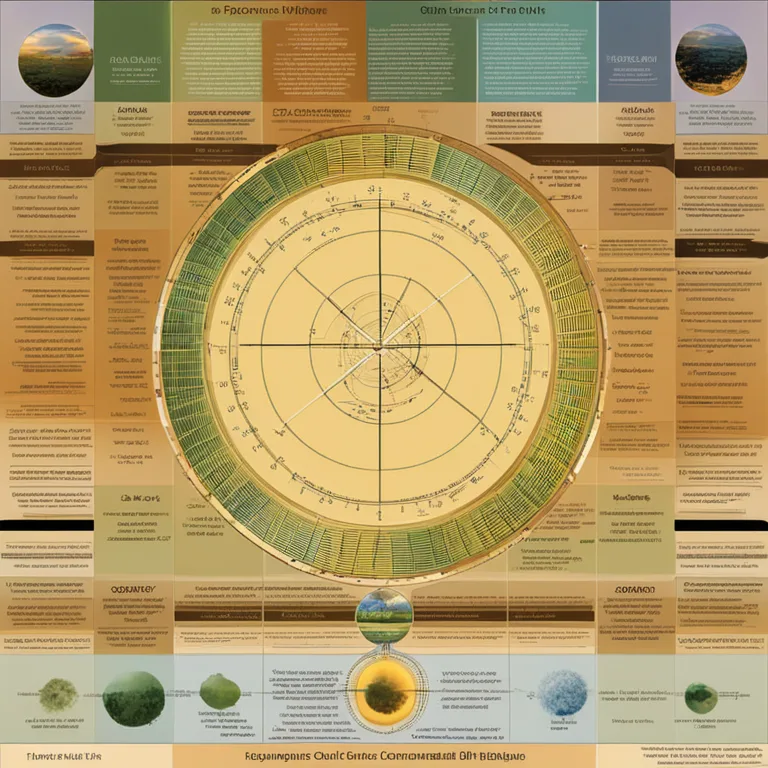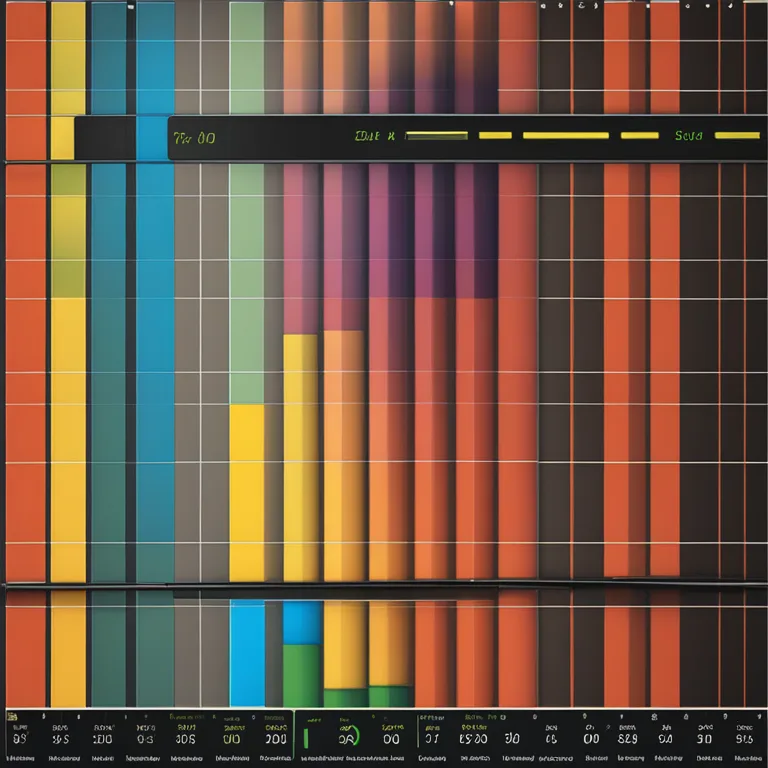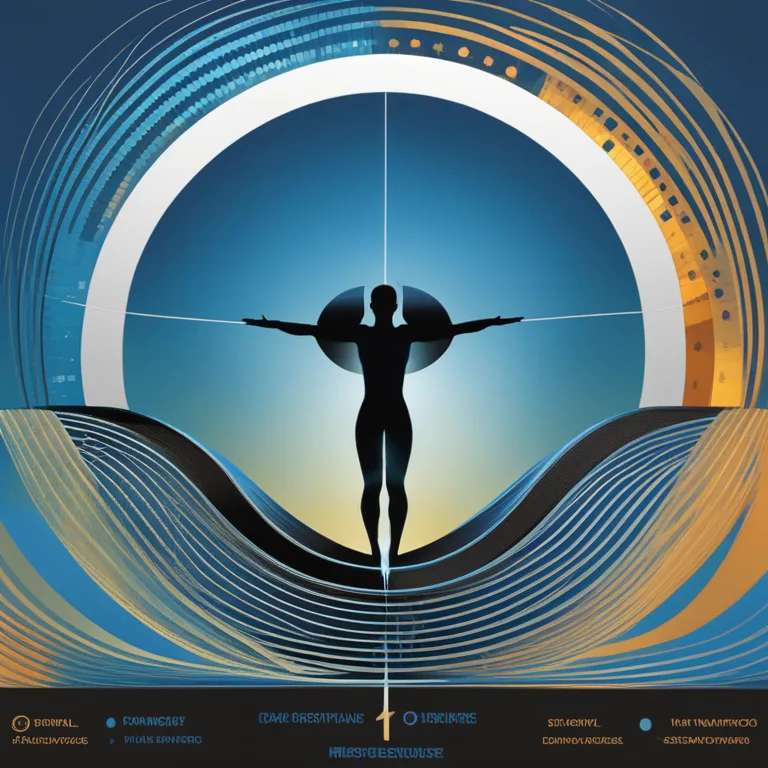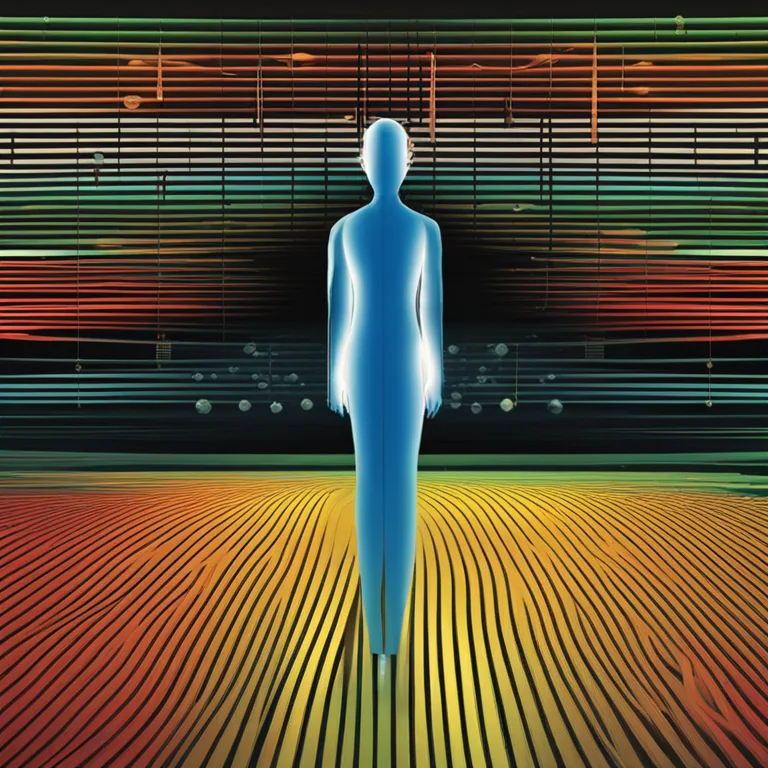
The Rhythms Within: Biorhythms and Human Wellbeing
Discover how biorhythms influence human health, behavior, and mood, and gain insights into this fascinating biological clock.
article by Adrian Wallace
The Fundamentals of Biorhythms
In our quest to unravel the mysteries of human health and behavior, the concept of biorhythms occupies a unique place. Biorhythms refer to the idea that our lives are governed by natural physiological cycles. These cycles purportedly influence our physical, emotional, and intellectual abilities. The origins of biorhythms date back to the 19th century but have since evolved with modern research and technology. As we stand in 2024, biorhythms continue to intrigue scientists and the general public alike, prompting ongoing exploration into their impact on daily life.

Physical, Emotional, and Intellectual Cycles
There are three primary biorhythm cycles that are said to affect our day-to-day functioning. The physical cycle, with a period of 23 days, relates to our body's strength, endurance and vitality. The emotional cycle, on a 28-day rotation, manages mood swings, feelings, and emotional states. Lastly, the intellectual cycle, which turns over a 33-day period, oversees analytical abilities, memory, and communication. Understanding these cycles helps some individuals anticipate their peak performance periods and potential challenging days.

The Science Behind Biorhythms
Although the concept of biorhythms has its followers, it's important to note that the scientific community remains divided on its legitimacy. Critics argue that empirical evidence supporting biorhythms is lacking, and warn against overreliance on biorhythmic patterns for health or decision-making purposes. Nevertheless, some studies have suggested correlations between cyclical patterns and human behavior, which fuels ongoing investigation into the potential connections between our biology and biorhythms.

Tracking Personal Biorhythms
With advancements in technology, personal biorhythm tracking has become increasingly user-friendly. A multitude of apps and online tools now exist that allow individuals to input their birth date and receive a biorhythm chart forecasting their physical, emotional, and intellectual ebb and flow. This personalized information, while not a science-backed prediction, offers a fascinating lens through which users can examine their life and potentially make mindful adjustments to their daily routines.

Practical Applications and Considerations
Despite scientific skepticism, many people have found biorhythms helpful in planning their activities. Athletes might time their training, artists may seek emotional peaks for creativity, and professionals often look for intellectual highs to tackle complex tasks. It's essential, however, to use such an approach as a supplementary tool rather than a strict guide. None should solely depend on biorhythms for critical decisions. It's always best to combine this offbeat wisdom with solid, evidence-based practices.
Biorhythms in Modern-Day Wellness
The integration of biorhythms in holistic health practices underscores a growing trend among wellness communities. This trend embraces the synchronization with one's natural cycles as a path to improved well-being. From sleep therapy to stress management and even in dietary plans, paying attention to internal rhythms is becoming more mainstream. As we become more attuned to the nuances of our bodies and minds, biorhythms offer a compelling, albeit unconventional, perspective on optimizing our daily lives.
Published: 12/28/2023
Modified: 12/28/2023
More predictions
Come back here soon to learn more about yourself and your future


Biorhythm Compatibility: Fact Or Myth?
Explore the concept of biorhythm compatibility to discover if there's a real connection between our biocycles and relationship harmony.


Biorhythms In Humans Explored
Exploring the concept of biorhythms and their influence on human behavior and physical states.


Biorhythm Wheel: Unlocking The Secrets
Explore the intriguing world of the biorhythm wheel to understand your physical, emotional, and intellectual cycles for enhanced well-being.